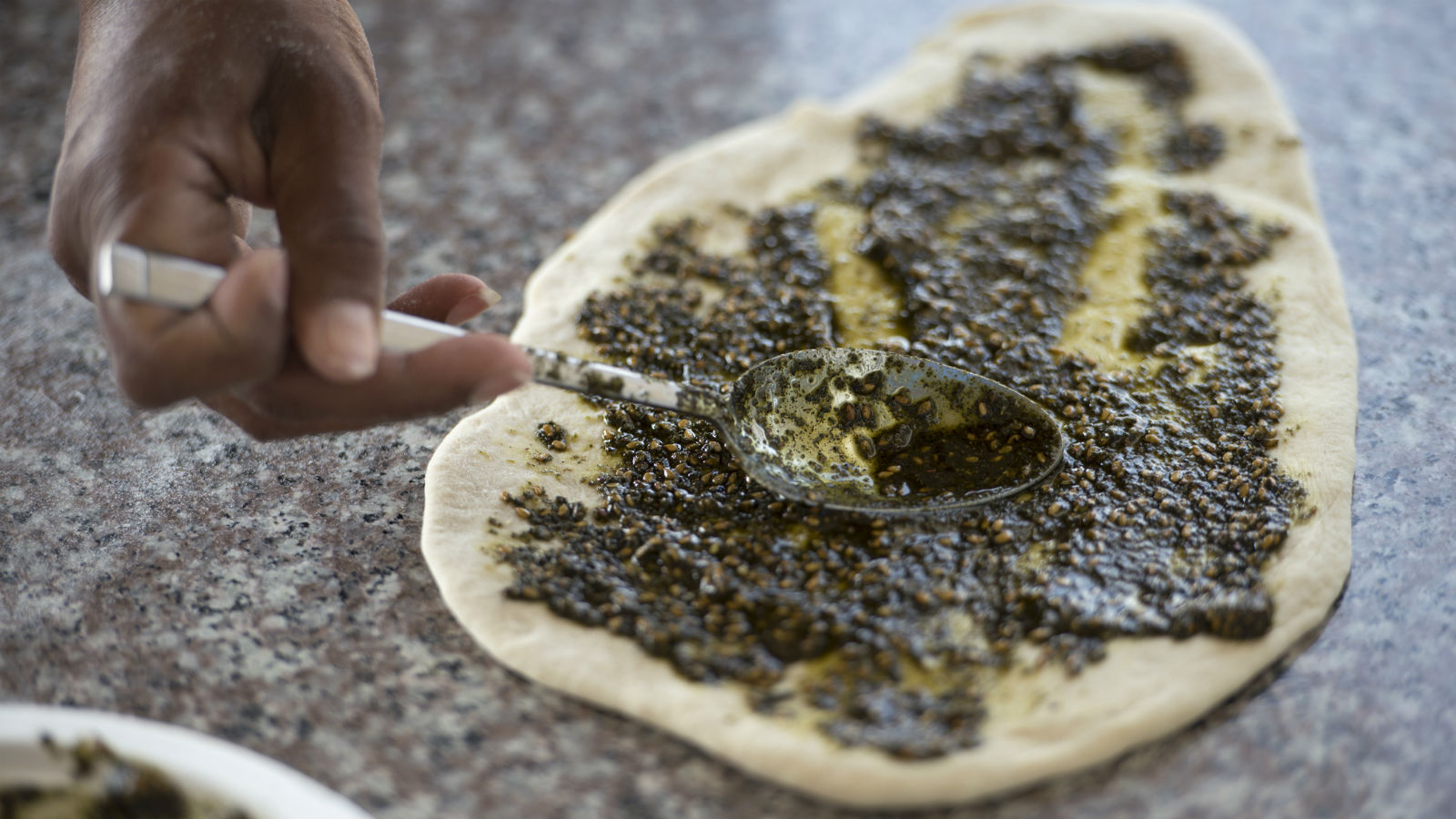Za'atar Unveiled: A Culinary Journey into Middle Eastern Delight
14th Dec 2023
Embark on a flavorful adventure with Za'atar, a Middle Eastern delicacy that elevates every meal to a taste sensation. This delectable mix of savory dried herbs not only adds a mouthwatering touch to your dishes but also holds the power to transport you back to the warmth of childhood and the embrace of everlasting comfort. Join us as we explore the origins, components, and diverse uses of Za'atar, a pantry essential that resonates deeply with Middle Eastern culture.

Where did Za'atar originate?
Za'atar is more than a blend of herbs; it's a word that signifies a mix of dried plants or herbs, carrying historical significance. Its roots trace back to the visionary Maimonides, a forefather of modern medicine, and even Hippocrates in the 5th century BC, who recognized its medicinal properties. Fast forward to the 12th century, where Maimonides, living in Spain, Morocco, and Egypt, continued the legacy of prescribing Za'atar for its health-advancing benefits. Today, Za'atar remains a cherished part of Middle Eastern culture, used in various ways, from culinary delights to healing remedies.
What are the components in edible Za'atar?
The ingredients in Za'atar may vary across regions, but the essence remains consistent. For a homemade batch, consider these components:
Palestinian Za'atar Blend:
- Sesame seeds
- Thyme
- Sumac
- Salt
- Ground cumin
- Ground allspice
Common Za'atar Blend Across the Middle East:
- Dried oregano
- Thyme
- Marjoram (woodsy/florals)
- Sumac (for that tangy kick)
- Toasted sesame seeds
How can I put the greatness of Za'atar to use?
Whether as a subtle seasoning or the star of your dish, Za'atar offers versatile ways to enhance your culinary creations. Try it in these mouthwatering dishes:
- Fatoosh: Elevate this Middle Eastern salad with a final sprinkle of Za'atar, adding the perfect kick of flavor.
- Manaeesh: Begin your day with a flavorful breakfast by spreading Za'atar and olive oil on your favorite bread or croissant. Pair it with cucumbers, tomatoes, and labneh for a wholesome Middle Eastern meal.
- Chicken and Zaatar: Transform your chicken dinner by seasoning it with an olive oil and Za'atar mix. The result? An ambrosial chicken dish that will leave your taste buds delighted.
For many, Za'atar is more than a seasoning; it's an addictive burst of flavor and a symbol of Palestinian culture. Served with olive oil and pita bread for breakfast, lunch, and dinner, Za'atar has become a beloved staple. If you're curious to delve deeper into the world of Za'atar, check out our blog post, "Za'atar - the Official Heartthrob of Palestine," for more details on its greatness.
We also invited our community to share their love for Za'atar on Instagram, and here are some of the amazing shares we received. ??

